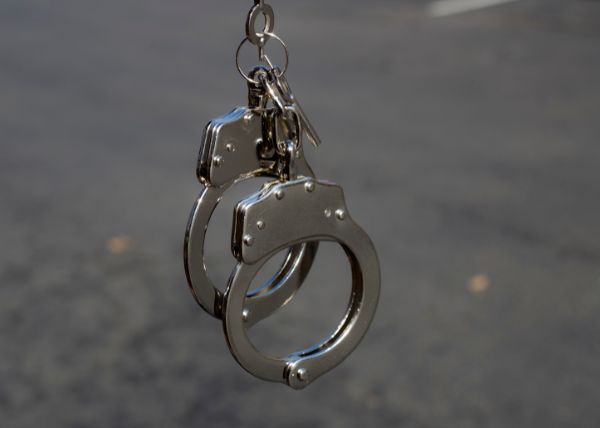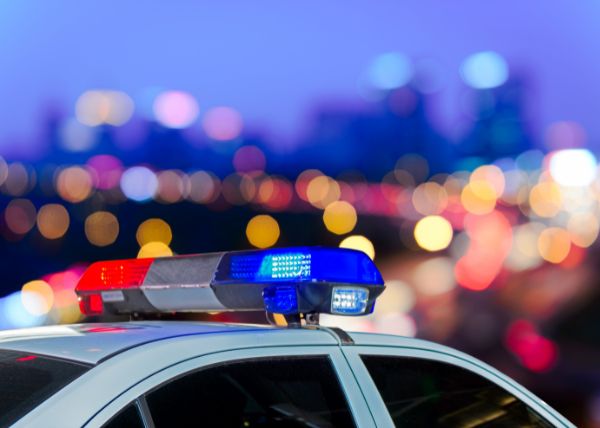
Call Now For A Free Consultation:

Call Now For A Free Consultation:

Police brutality can happen in several ways. Knowing what to do if you potentially have a case is crucial in protecting your rights, seeking justice, and holding the responsible parties accountable. If you or a loved one has been a victim of police brutality, it is important to seek the help of a qualified police brutality lawyer. Attorney Justin Palmer has extensive experience in police brutality cases and is dedicated to fighting for justice for victims.
A police brutality lawyer is a legal professional who specializes in representing individuals who have been subjected to misconduct, excessive force, or abuse by law enforcement officers. These attorneys advocate for victims of police brutality, working to hold accountable those responsible for violating their civil rights and causing harm.
At Justin Palmer Law Group, we are committed to upholding the rights of individuals who have been victimized by police misconduct. Our dedicated team of attorneys has extensive experience handling a wide range of civil rights cases, including those involving police brutality and excessive force. We are passionate about fighting for justice on behalf of our clients and holding accountable those who abuse their authority.
If you have been subjected to police brutality or misconduct, don't hesitate to contact Justin Palmer Law Group for a confidential consultation. We will listen to your story, assess your legal options, and work tirelessly to pursue the justice and compensation you deserve.

Police brutality can take many forms, ranging from physical violence and excessive force to verbal abuse and racial profiling. Some common types of police misconduct include:
If you suspect you've been a victim of police brutality or witnessed excessive force by law enforcement officers, it's crucial to take immediate action to protect your rights and seek recourse for any wrongdoing. Here are the steps you should consider:
By following these steps and seeking the guidance of a skilled police brutality lawyer, you can assert your rights, hold accountable those responsible for misconduct, and pursue justice for any harm you've suffered as a result of police brutality. Contact Justin Palmer Law Group today to discuss your case and explore your legal options.
If you have been a victim of police brutality in California, it is crucial to seek the guidance of a skilled and experienced police brutality lawyer like attorney Justin Palmer. Contact our office at (310) 658-8935 to get started today.
Police brutality refers to the excessive use of force, misconduct, or abuse of power by law enforcement officers during the performance of their duties. This can include physical assault, verbal abuse, unjustified arrests, and other forms of misconduct.
Common examples of police brutality include unjustified use of firearms or tasers, chokeholds, baton strikes, rough physical handling, racial profiling, and discriminatory treatment.
If you believe you've been a victim of police brutality, it's important to document the incident, seek medical attention for any injuries, report the incident to the appropriate authorities, and contact a police brutality lawyer for legal guidance and representation.
A police brutality lawyer can help you understand your legal rights, gather evidence to support your case, navigate the legal process, and advocate on your behalf to hold accountable those responsible for the misconduct. They can also help you pursue compensation for any injuries or damages you've suffered.
Yes, victims of police brutality have the right to file civil lawsuits against law enforcement officers and agencies responsible for the misconduct. These lawsuits seek compensation for damages, including medical expenses, lost wages, pain and suffering, and punitive damages.
Evidence helpful in proving a case of police brutality may include eyewitness testimony, video recordings, photographs, medical records documenting injuries, police reports, and any other documentation related to the incident.
Law enforcement officers found guilty of police brutality may face disciplinary action, termination from their position, criminal charges, civil lawsuits, and monetary damages. Additionally, their actions may result in increased oversight and reforms within their department.
Yes, there is a statute of limitations, or time limit, for filing a police brutality lawsuit. The statute of limitations varies by state and jurisdiction, so it's important to consult with a police brutality lawyer promptly to ensure your legal rights are protected.
Yes, you can pursue a police brutality claim even if you were not physically injured. Emotional distress, psychological trauma, and violations of your civil rights may also form the basis of a police brutality claim.
Attorney Advertising | Prior results do not guarantee a similar outcome. The information on this website is for general information purposes only. Nothing on this site should be taken as legal advice for any individual case or situation. This information is not intended to create, and receipt or viewing does not constitute, an attorney-client relationship. This site is protected by reCAPTCHA and the Google Privacy Policy and Terms of Service apply.